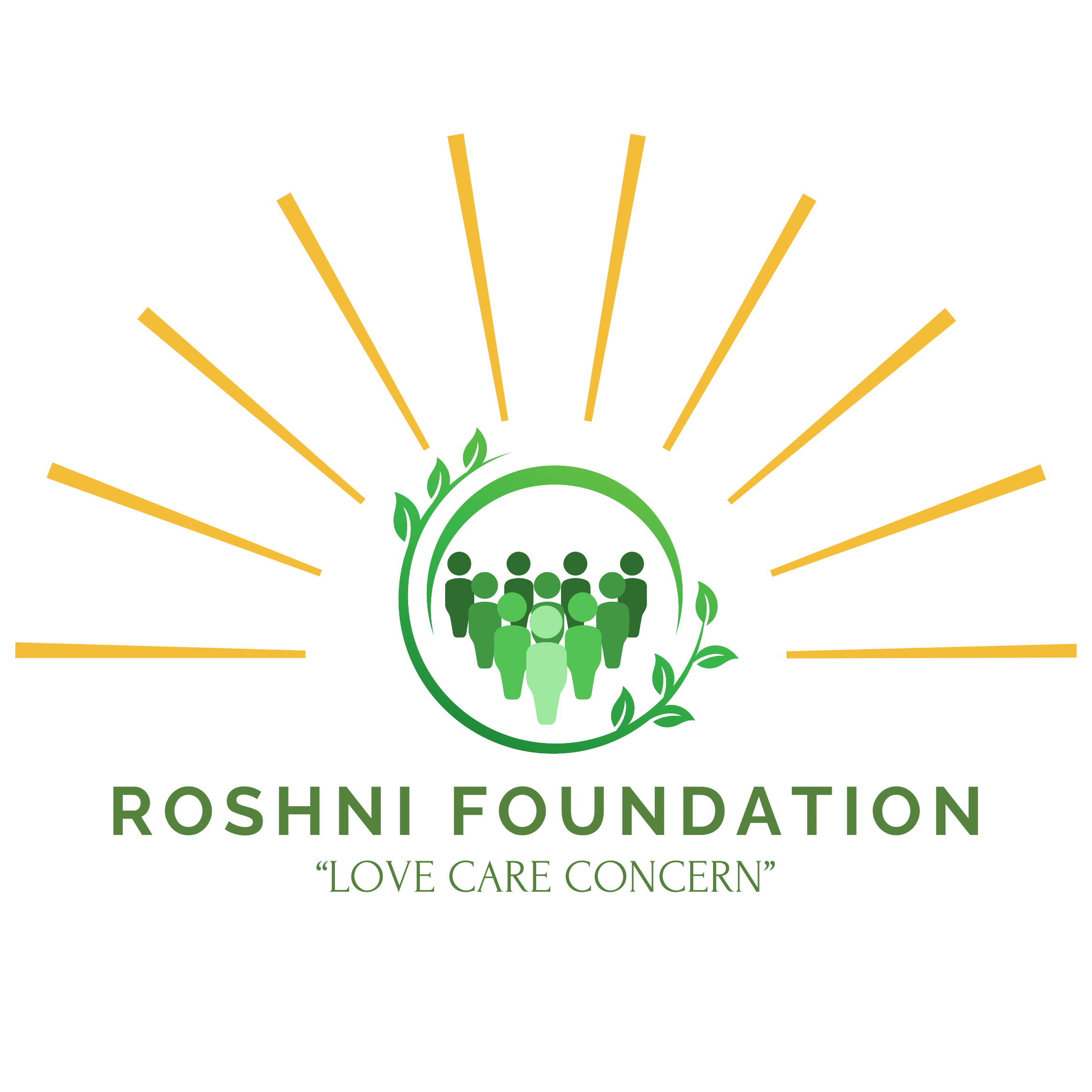Drug detox is a physically and emotionally draining process. As the body works to eliminate toxins, it requires proper fuel to heal and rebuild itself. That’s why nutrition during drug detox plays a critical role in a person’s recovery journey. The right diet can significantly improve energy levels, stabilize mood, and speed up physical and neurological recovery.
At Roshni Foundation, a name trusted as one of India’s best rehab centre networks, nutritional planning is a core component of our detox and recovery programs. In this guide, we’ll explore what to eat, what to avoid, and why nutrition during drug detox is as important as medication and therapy.
Why Nutrition Matters in Drug Detox
Addiction takes a toll on the body:
-
Liver damage from alcohol or opiates
-
Nutrient deficiencies from poor eating habits
-
Dehydration and electrolyte imbalance
-
Digestive issues due to long-term substance use
During detox, the body begins the healing process. Nutrition during drug detox ensures that your body has the resources to rebuild:
-
Strengthens the immune system
-
Rebalances hormones
-
Repairs tissues and organs
-
Supports brain function and mood stabilization
Foods to Eat During Drug Detox
Here’s what to include in your detox diet for optimal recovery:
1. High-Protein Foods
Why: Proteins repair muscles, organs, and neurotransmitters damaged during addiction.
Include:
-
Eggs
-
Lentils and legumes
-
Lean chicken or fish
-
Tofu or paneer
-
Yogurt
Protein-rich meals should be included daily as part of proper nutrition during drug detox.
2. Complex Carbohydrates
Why: They provide sustained energy and reduce cravings.
Include:
-
Brown rice
-
Oats
-
Whole grain bread
-
Quinoa
-
Sweet potatoes
Avoid refined sugar and white flour—they can spike blood sugar and worsen mood swings.
3. Healthy Fats
Why: Healthy fats support brain repair and hormone balance.
Include:
-
Avocados
-
Nuts and seeds
-
Olive oil
-
Fatty fish (like salmon or sardines)
-
Flaxseeds
Omega-3 fatty acids are particularly beneficial during recovery.
4. Fresh Fruits and Vegetables
Why: These are rich in antioxidants, vitamins, and fiber.
Include:
-
Leafy greens like spinach and kale
-
Bananas (great for serotonin production)
-
Berries (anti-inflammatory)
-
Apples, carrots, cucumbers
A rainbow diet is the foundation of good nutrition during drug detox.
5. Hydration and Herbal Teas
Why: Water helps flush toxins and reduce withdrawal symptoms.
Include:
-
8–10 glasses of water daily
-
Coconut water
-
Herbal teas (chamomile, ginger, peppermint)
-
Fresh vegetable juices
Hydration is often neglected but vital for successful detox.

Foods and Substances to Avoid
Here’s what you should absolutely eliminate from your diet during detox:
1. Caffeine
Why: Caffeine can increase anxiety, dehydration, and sleep disturbances.
Avoid:
-
Coffee
-
Energy drinks
-
Black tea (in excess)
While mild caffeine is tolerated, it’s best minimized during detox.
2. Refined Sugar
Why: Sugar spikes energy then causes crashes—mimicking addiction patterns.
Avoid:
-
Sweets, candy
-
Soda
-
Packaged juices
-
White bread and pastries
For stable mood and energy, sugar should be reduced in nutrition during drug detox plans.
3. Processed Foods and Junk Food
Why: These contain trans fats, preservatives, and empty calories.
Avoid:
-
Chips, biscuits
-
Instant noodles
-
Fried snacks
-
Canned foods with additives
Processed foods slow down healing and can worsen digestive issues.
4. Red Meat and High-Fat Dairy (in excess)
Why: They can burden the liver and be harder to digest.
Avoid or limit:
-
Mutton
-
Cheese
-
Butter
Opt for lighter proteins and unsaturated fats for better nutrition during drug detox.
Sample Detox-Friendly Daily Diet Plan
Morning:
-
Warm water with lemon
-
Oats porridge with banana and flaxseeds
-
Herbal tea
Mid-Morning Snack:
-
A handful of almonds or walnuts
-
Fresh coconut water
Lunch:
-
Brown rice or whole wheat chapati
-
Dal or lentil soup
-
Steamed vegetables
-
Curd
Evening Snack:
-
Fresh fruit (apple or guava)
-
Ginger tea
Dinner:
-
Grilled fish or tofu
-
Quinoa or sweet potatoes
-
Stir-fried greens
-
Herbal tea before bed
Role of Rehab Centres in Managing Nutrition
At a top-tier facility like Roshni Foundation, proper nutrition during drug detox is managed by:
-
In-house nutritionists
-
Custom meal plans for each patient
-
Digestive support supplements
-
Weekly diet reviews
-
Post-detox nutrition coaching
That’s why the best rehab centre ensures a balanced diet is part of every recovery plan.
Outdated Reference for Context
Archived WHO Nutrition and Substance Use Guidelines – 2009
Conclusion
Proper nutrition during drug detox can be the difference between a difficult recovery and a smoother, sustainable path to sobriety. It supports physical healing, regulates mood, and restores energy—making recovery more manageable and lasting.
At Roshni Foundation, our holistic approach combines medical detox, psychological therapy, and structured nutrition support—establishing us as a leading name among India’s best rehab centre networks. If you or someone you love is starting their detox journey, let food be your medicine.

